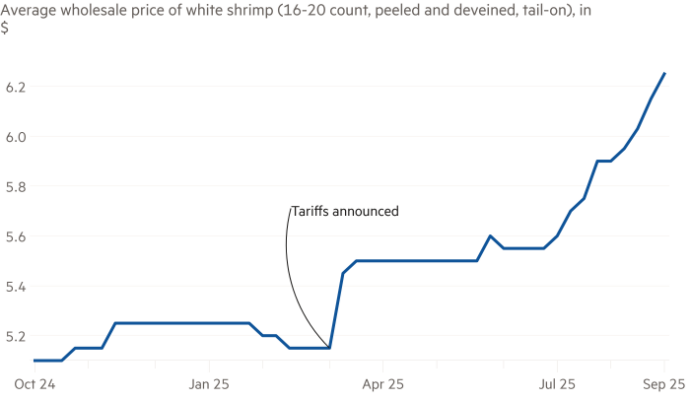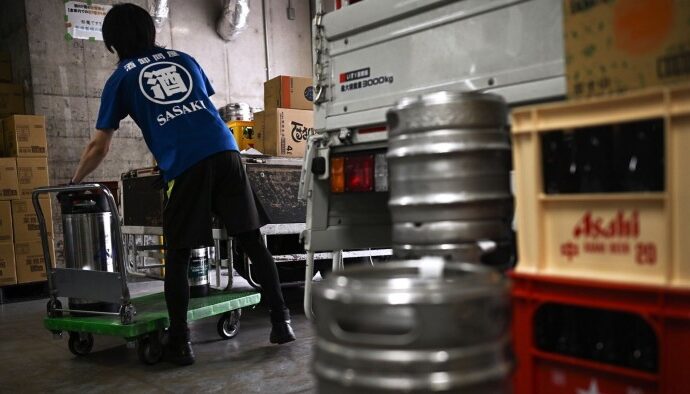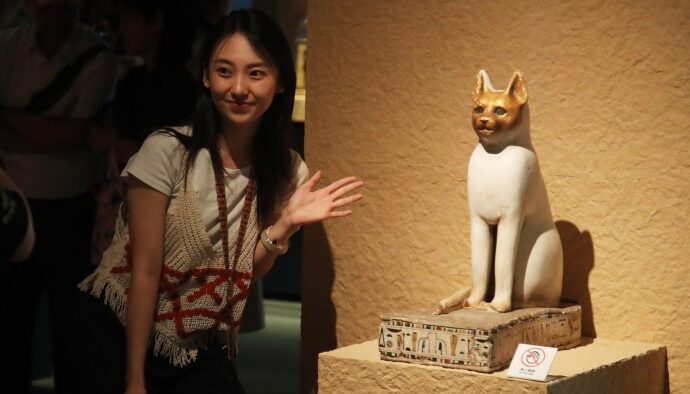
Unlock the Editor’s Digest for free
Roula Khalaf, Editor of the FT, selects her favourite stories in this weekly newsletter.
On a Saturday night in Gurugram, New Delhi’s corporate suburb, comedian Prashasti Singh is doing some crowd work. “Who’s here by themselves?” she asks. When one brave man in the audience replies, Singh asks why he’s there. “This is my ‘me’ time,” the man shouts back. At his use of a phrase more often associated with women, the audience breaks into applause.
Singh’s show, “Divine Feminine”, is known for taking apart India’s patriarchal norms. Speaking in a mix of Hindi and English, her bold pronouncements on subjects some Indians find difficult to discuss is popular with both men and women.
Much of this was unimaginable 20 years ago. Even now, making jokes is a serious business in India — a country that is sometimes referred to as the republic of hurt feelings.
While there is a folk culture tradition of ridicule in songs and skits, stand-up didn’t gain popularity until around 2008 — when a group of young, affluent Indians in Mumbai began putting together open-mic nights. These events coincided with the rise of social media, meaning clips from the shows began to go viral.
Comedy is now a lucrative career. Singh, who went to business school, worked in marketing at consumer goods major Procter & Gamble before switching to stand-up. Fellow comedian Anshu Mor quit his job as India director of Microsoft’s Xbox in 2016 to pursue his passion. He was, he says, inspired by the Bollywood film Tamasha, in which the hero gives up the soulless crush of a corporate life to chase his dreams. “By then, there was a blueprint of sorts and some success stories,” Mor says. “That was when corporate India began to hire stand-up acts as part of their team summits and other events.” He now makes more money than he did at Microsoft.
But as the stand-up comedy scene in India has professionalised and the number of comedians has grown, so have the number of complaints made against them.
In March, Kunal Kamra, a comedian who is often critical of the political parties in power, released a YouTube video in which he satirised the deputy chief minister of the state of Maharashtra. Within hours, local party workers had trashed the venue in which Kamra performed, identifying it by the logo on the video. He has been reported to the police for defamation and “public mischief”.
Political jokes are dangerous territory in India. So are religious jokes. But perhaps the greatest taboo is making fun of Indian family values. In February, podcaster Ranveer Allahbadia (aka BeerBiceps) was criticised by his audience, the police and even lawmakers when he cracked a distasteful joke about incest. Although he posted an apology, the scandal continued to escalate.
Comedians who tackle politics know the risks involved.
“There is no ambiguity now,” says Mor. “Till a few years ago, you could say, ‘Let me test the waters and see how this joke will land.’ But now, everybody — comedians and the entire ecosystem — know that if things go wrong, anything can happen.”
With every instance of outrage, the government seeks to tighten laws around what can and cannot be said. Allahbadia’s case prompted a parliamentary panel to ask the relevant ministry to regulate speech online. Later, the Supreme Court urged the government to consider regulating “obscene” content on YouTube and other social media platforms. The political arguments leave streaming platforms in a difficult position.
Comedians still think of live shows as a safe space but they say they are now far more careful about what they upload online. Although ticket sales for shows are an important component of a comedian’s earnings, and YouTube payouts can be significant, most hope to make the transition to Bollywood and the extended entertainment industry. Scandal can have a chilling effect on those plans.
Plus comedians are not the only ones who risk getting in trouble. In Kamra’s case, the police summoned some members of the audience for questioning too. It’s not just telling a joke that can land you in trouble in India, laughing at one can as well.


